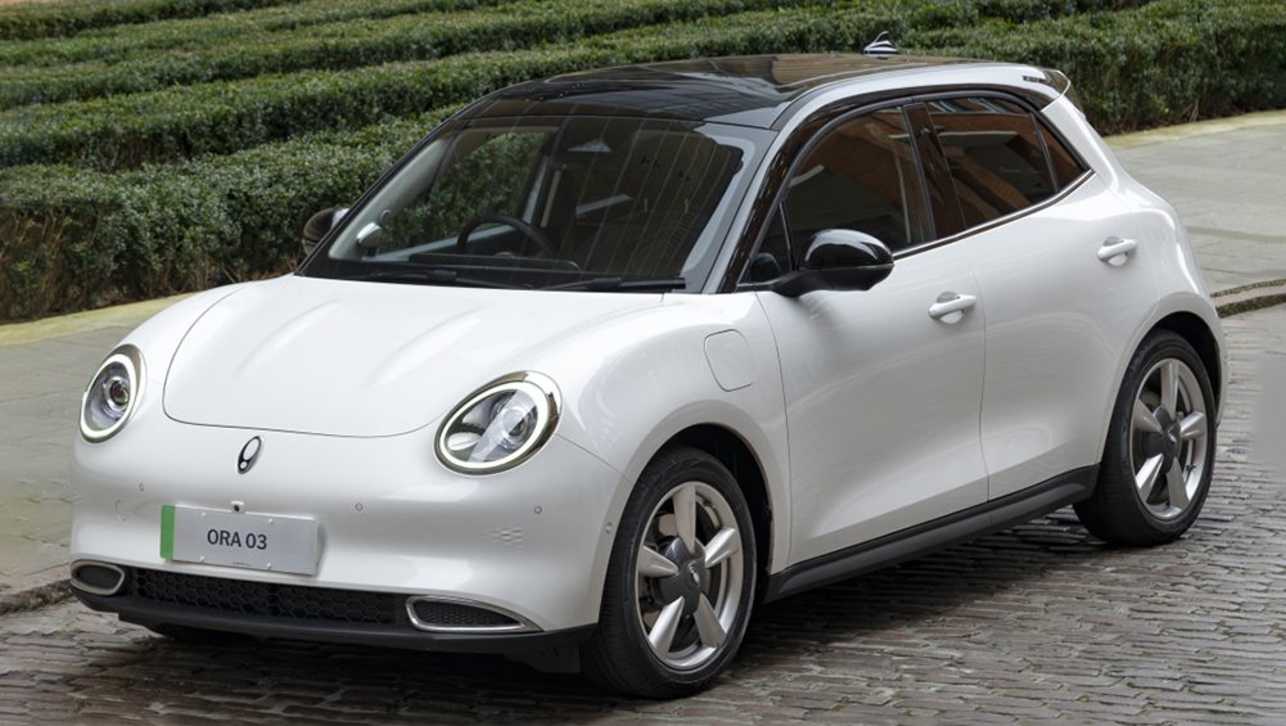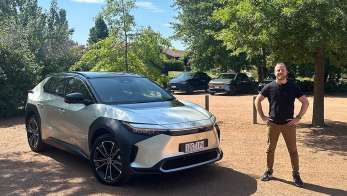French car makers Peugeot and Citroen test 28 diesel models in the real world to show their emissions are in the clear.
Volkswagen's diesel emissions cheating scandal has now blown out into a war between Germany and France.
French car makers Peugeot and Citroen have taken the unprecedented step of testing 28 diesel models in normal driving conditions under the supervision of independent experts to prove their emissions are in the clear.
While Volkswagen is yet to publicly replicate the tests that led to 11 million of its diesel cars being recalled worldwide -- including almost 100,000 in Australia -- Peugeot and Citroen have stolen their thunder by being the first car company globally to publish emissions data based on real world driving.
They used a bulky contraption similar to the one used by West Virginia University engineers who exposed Volkswagen's emissions cheating software two years ago.
The hi-tech equipment attaches to the rear of the car to test emissions while driving, to thwart any "defeat devices".
Volkswagen's diesel emissions system only worked properly when the car was being tested in laboratory conditions. In the real world the affected Volkswagen cars belched out up to 30 times more toxic emissions than what was allowed.
As Volkswagen continues to come under attack in Europe and Australia for its reluctance in providing local customers with the same compensation as those in the US, Peugeot and Citroen have published a complete list of real world emissions and had them endorsed by independent experts.
The European Union is in the process of overhauling test procedures to better reflect normal driving conditions.
A statement from the jointly owned Peugeot and Citroen companies from Europe overnight said the cars were driven up hills, with the air-conditioning switched on, and with a passenger and luggage on board.
In laboratory tests, car makers are allowed to switch off air-conditioning to improve engine efficiency and inflate the tyres to their maximum road legal pressure to reduce rolling resistance.
"The measurements are comparable to those made by (our) customers, obtained from independent customer surveys," the French car maker said.
As predicted, the test results showed real world consumption was higher than in lab conditions, but they are closer to what customers can expect.
The European Union is in the process of overhauling test procedures to better reflect normal driving conditions. The new rules are due in 2018; Australia will likely follow suit as our standards are largely based on Europe's.
"This real-word test provides more representative information to consumers than new laboratory tests, helping them to choose the most fuel-efficient, low-carbon models," said clean air campaigner Greg Archer, from Europe's non-profit Transport and Environment lobby group.





.jpg)
.jpg)



.jpg)
.jpg)
.jpg)

.jpg)
.jpg)
.jpg)
.jpg)
.jpg)
.jpg)

.jpg)
.jpg)
.jpg)
.jpg)
.jpg)
.jpg)


.jpg)


.jpg)

.jpg)
.jpg)
.jpg)
.jpg)
.jpg)




Comments